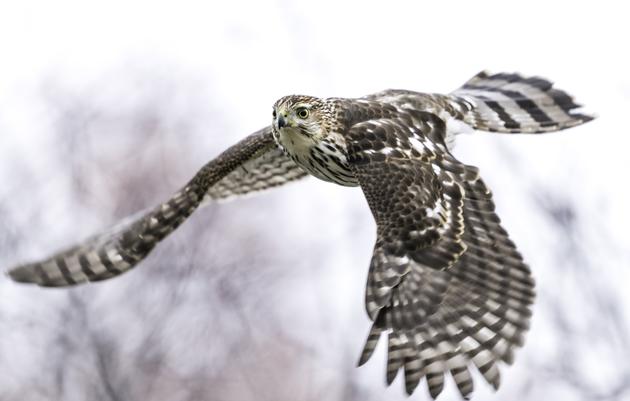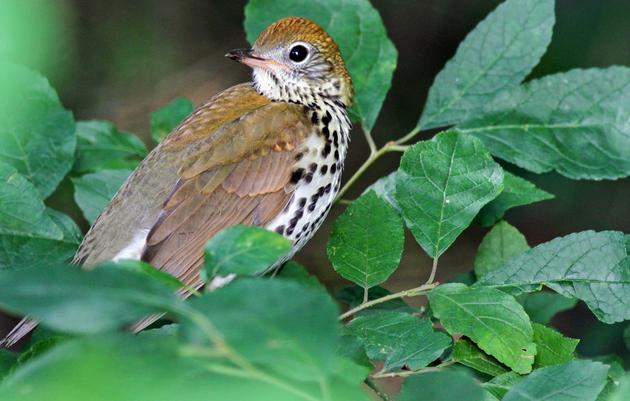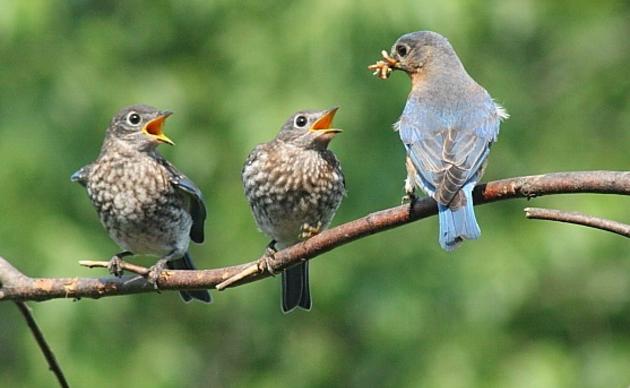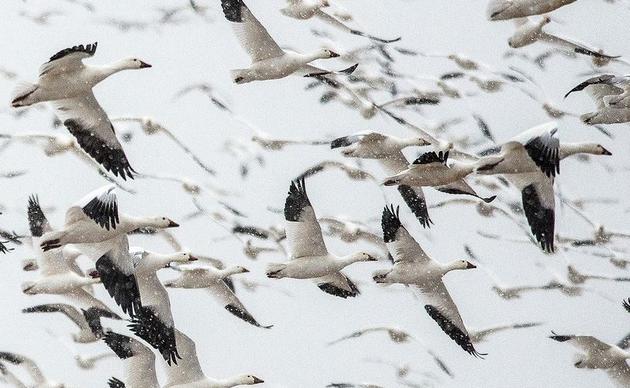On January 27th, Audubon New York testified at the Joint Legislative Hearing for Environmental Conservation and shared our priorities for the New York State Budget with members of the Legislature. Erin McGrath, Policy Manager, delivered the following remarks:
Chairwoman Krueger and Weinstein, Chairman Kaminsky and Englebright, and distinguished members of the Legislature, thank you for granting me the opportunity to testify on the executive budget.
I am Erin McGrath, and I serve as the Policy Manager for Audubon New York, the state program of the National Audubon Society.
Audubon’s mission is to protect birds and the places they need, and we have enjoyed a longstanding and productive partnership with New York State – and we thank you for supporting our mission.
Restore Mother Nature
Turning to the budget, we are excited to see the inclusion of the $3 billion Restore Mother Nature Act. This funding will support projects that promote habitat restoration, improve coastal resiliency, and aid climate adaptation efforts, which is good for birds and the places they need as well as local communities.
Investments in ecosystem-based restoration provides multiple benefits, including increased habitat for wildlife, more sustainable fisheries, opportunities for recreation and tourism, and increased resiliency in the face of climate change.
We ask that the Legislature support the creation of the Bond Act, and dedicate a portion of the funding to protecting the habitat of endangered and threatened species, restoring our salt marshes, improving the resiliency of the Great Lakes, and managing our forests for improved water quality and flood control.
Environmental Protection Act
We are also pleased to see $300 million for the EPF. This funding supports important conservation priorities, and the ZBGA line provides critical funding for our Audubon centers and sanctuaries. Without this funding, our educational programming would suffer and impact the communities that rely on us. Within the EPF, we also ask the Legislature to support the Regenerate NY program, funding for the Delaware River Basin Commission, and funding for the Oceans and Great Lakes program.
We were disappointed to see that a proposal to pay for staff salaries with EPF funds was included in this year’s budget and we hope that the legislature will once again push for this language to be removed. We do agree that the agencies need additional staffing, but it shouldn’t be at the expense of dedicated capital programs.
Threatened and Endangered Species Impacted by Renewable Energy Projects.
Audubon supports the development of renewable energy that is sited and operated to avoid or effectively mitigate impacts on birds and other wildlife. Wind and solar power are clean sources of energy with few negative environmental impacts, and a critical part of our efforts to fight climate change. However, renewable energy projects have the potential to negatively affect wildlife through direct mortality and habitat degradation.
We recognize that identifying locations for renewable energy is challenging. However, in doing our part to tackle climate change, we must continue to protect endangered and threatened wildlife. Negative impacts can be minimized through thorough site assessments, avoiding high risk areas, and committing to adequate mitigation for unavoidable risk.
As the State develops its new process for the siting and development renewable energy, we ask that the State convene an Environmental Technical Working Group that can advise on the location of priority sites and the development of associated procurements. This model has proved successful during the development of procurements for offshore wind, and we believe it would also benefit land-based renewable projects.
We also recommend that the State establish a mitigation fund to address impacts on threatened and endangered species. Establishing a mitigation fund would allow wildlife conservation organizations to aid project developers who need to undertake required mitigation. This will aid in the accelerated deployment of renewable energy while protecting the state’s wildlife.
Protect New York’s Wetlands.
Wetlands are critical for bird health and population stability, with one-third of North American bird species relying on wetlands for habitat. Wetlands also improve flood protection and water quality for people and communities – illustrating the need to protect the state’s freshwater wetlands to the greatest extent possible.
We support the Executive Budget proposal to eliminate the maps that serve as the basis for the DEC’s authority to regulate wetlands. Currently, the DEC can only regulate these wetlands if they are delineated on jurisdictional maps, which has left more than 50,000 acres of wetlands unprotected.
Many of these wetlands were previously protected under the federal Clean Water Act, but rollback of the Waters of the United States Rule has severely weakened these protections. We are pleased to see that the State has stepped up to protect these wetlands and ask the Legislature to support this important proposal.






